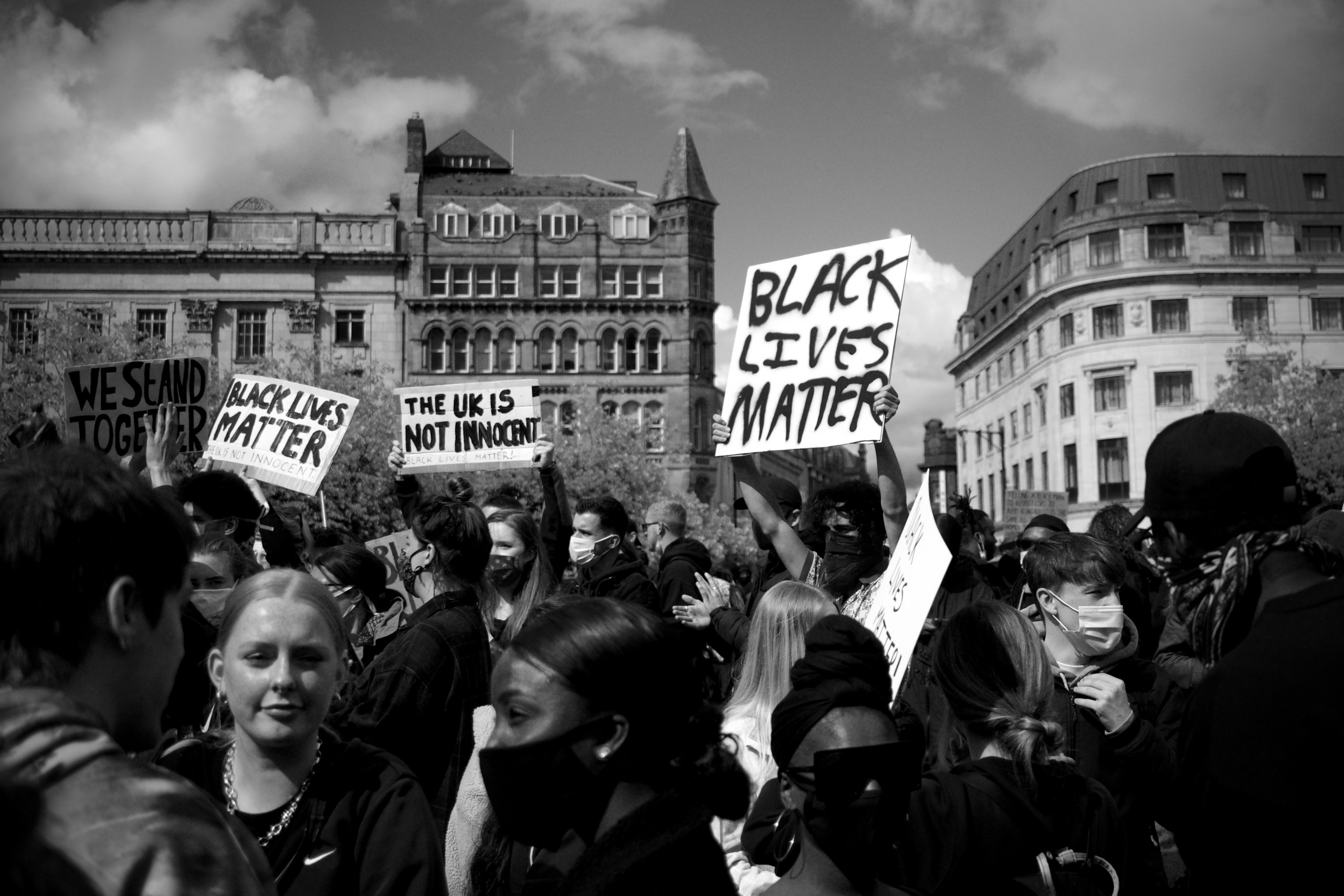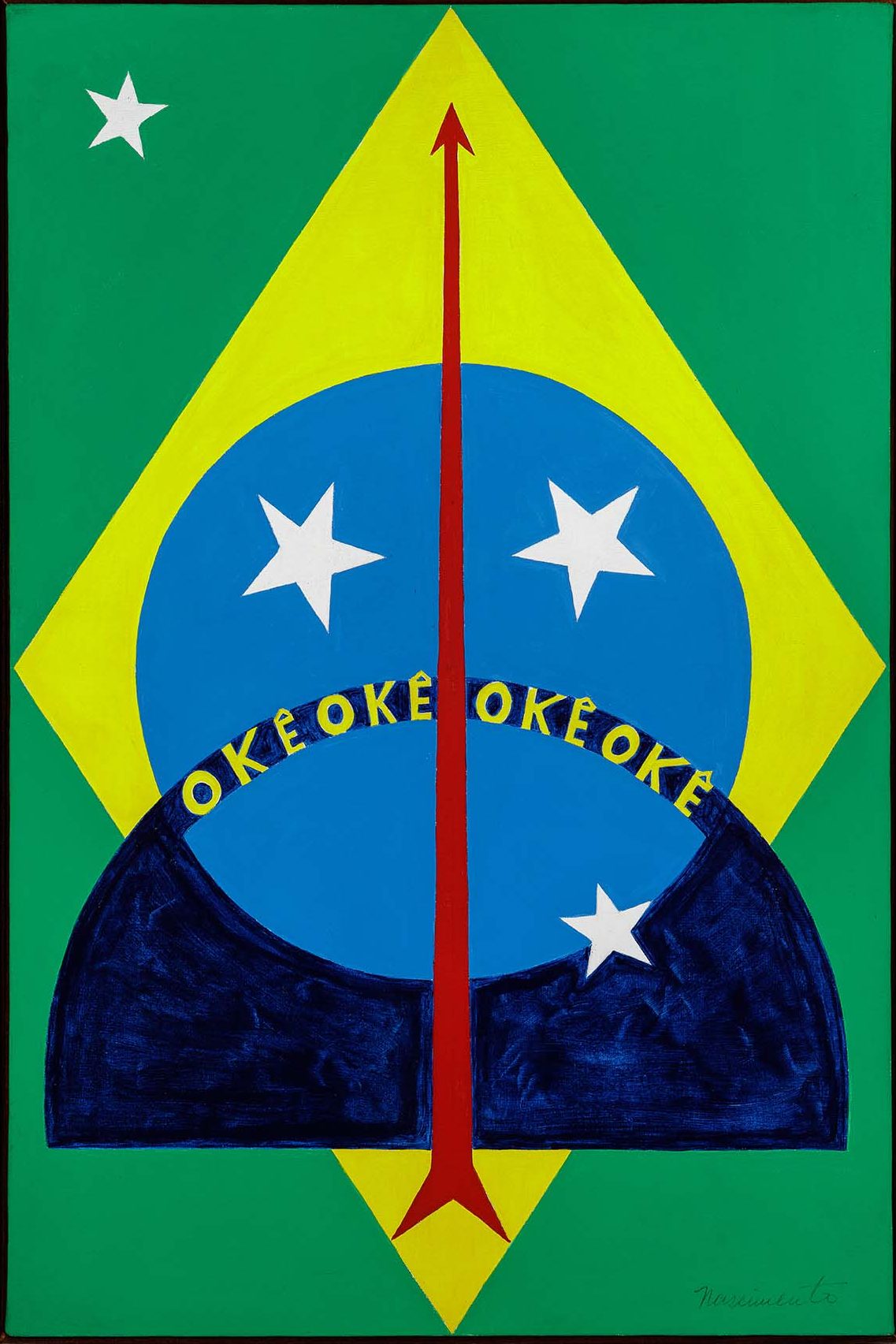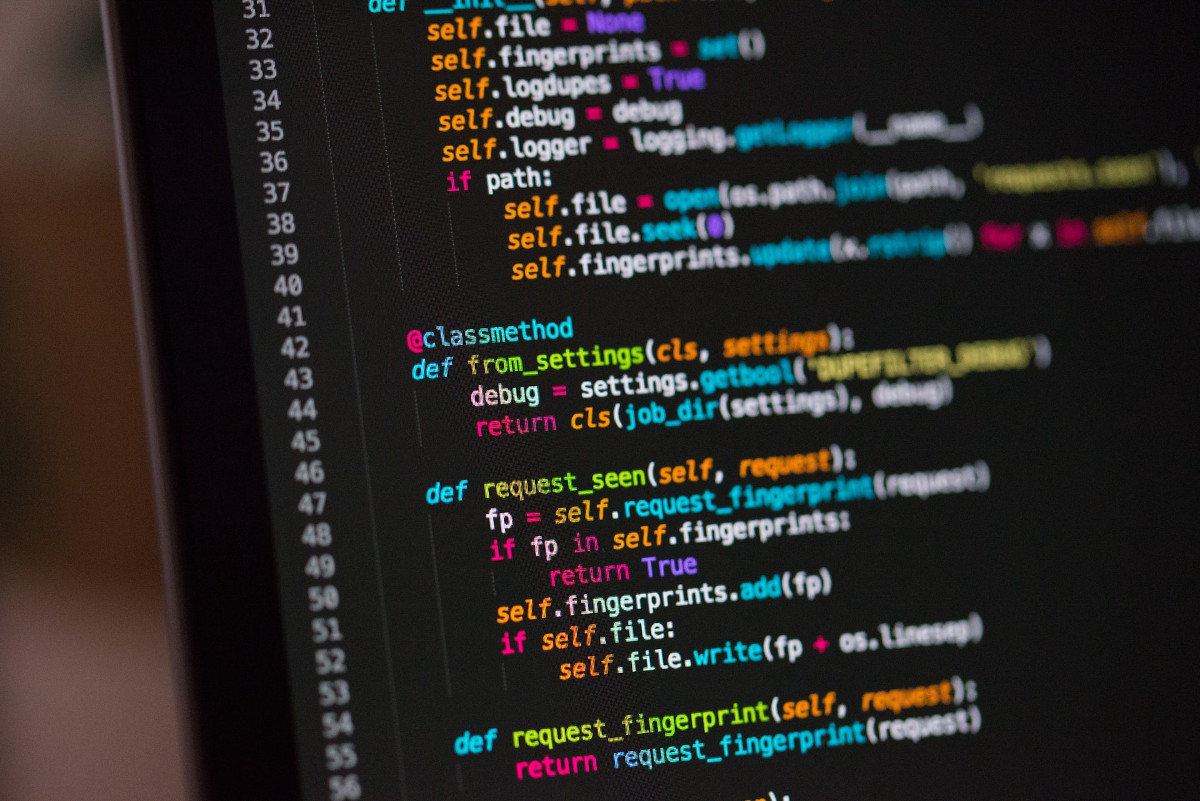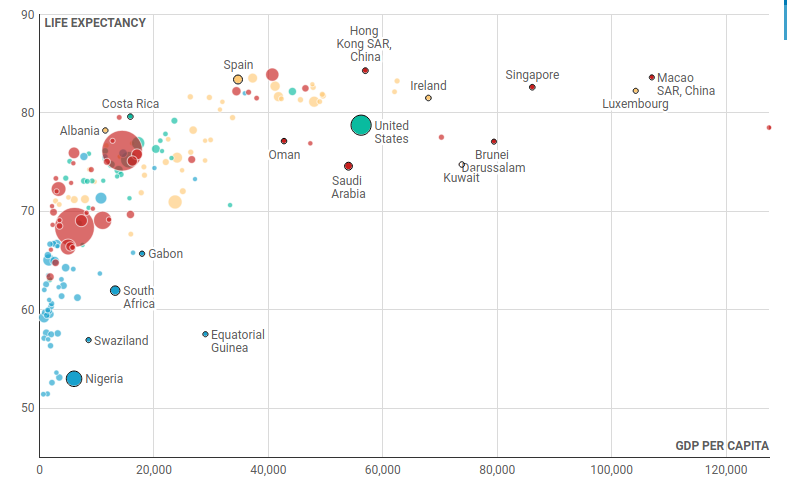The California Bay Area has been at the forefront of culinary cuisine, movements, and innovation for decades. The area has been the birthplace of everything from Mai Tai’s and Rocky Road Ice Cream to the Farm to Table movement and the commercialized Rice-A-Roni packets (“Bay Area Foodie”). At the same time, the Bay Area is home to a plethora of different technological advancements, as people from all over the world flock to Silicon Valley to pursue their technology startup dreams. These two worlds — the culinary community and Silicon Valley — intersect as local restaurants are beginning to adopt and implement new technologies.
Category: Course Sites (Page 1 of 2)
This seminar will explore strategies for becoming a confident consumer of the news during the current “infodemic” — the sudden tsunami of conflicting information about the pandemic, social justice protests, and myriad other topics. Students will use time-honored principles of journalism to understand and navigate the rapidly evolving media landscape. Discussion will focus on where news comes from, and the pros and cons of objectivity. Students will craft strategies for determining their own personal media diet, and will evaluate how successful the news media has been at accomplishing the lofty goals embodied in the First Amendment.
In this course, students will engage with Brazilian culture through the concept of performance, underlining race and gender issues. How do dance, music, poetry, image, theater, film, fiction, humor, and sports represent Brazilian people and cultures? How do those practices develop between transnational zones of systemic racism and gender injustice in relation to Afro-Brazilian, Indigenous people, immigrants, and other groups? We invite students to collaborate in the creation of short performances and conversations with artists and scholars from Brazil and the U.S.
What does it take to increase youth voting in 2020? Students will collaboratively design, implement, and evaluate concrete interventions to register and turn out young Americans. Interventions might provide information on how to vote, explain issues at stake, activate social relationships or identities, work with community groups, motivate by entertaining, or highlight how voting matters. Students will read existing studies, consider what is effective, apply it, and evaluate it. Most of the work is in small groups. Planning and implementation will be completed before Reading Period. This course is faculty guided but student led.
How can non-invasive helmet-based assisted breathing data be collected and used to assess the health of a patient? Tully will design new material and lab equipment for this seminar in computational physics to teach students how respiratory monitoring is used, how to build these systems with inexpensive, readily available components, and how to implement Python computing methods and network solutions to provide clinicians the tools they need to rapidly respond to the respiratory conditions of COVID-19 patients. This course will provide a platform for students to think about their role in a pandemic and how what they learn in class can empower them to action on behalf of those that need help in times of crisis.
Students in this course chart media and data as agents of social inequality and cultural ideology, and learn how people subvert them. We excavate the assumptions that frame representations of reality and difference in documentary film, track the global circulation of mass media, see indigenous filmmakers as cultural activists, and explore the datafication of organic life and analogue culture. To make the most of our online setting, we adopt tools of media-making and data visualization to probe our objects of study from the inside. From there, we learn to critique them as human constructions and to produce new counter narratives and images.
This blog supports the summer study abroad program in Spain.
A website supporting the student annotation of Spanish-language films.
The course blog for Religion 239, Sufism, hosted course materials, a reading schedule, student recitations, discussions, and annotations on images.
The course blog for Religion 333, Interpreting the Qur’an: Text, Context, and Materiality, hosted course materials, a reading schedule, student recitations, discussions, and annotations on images.










